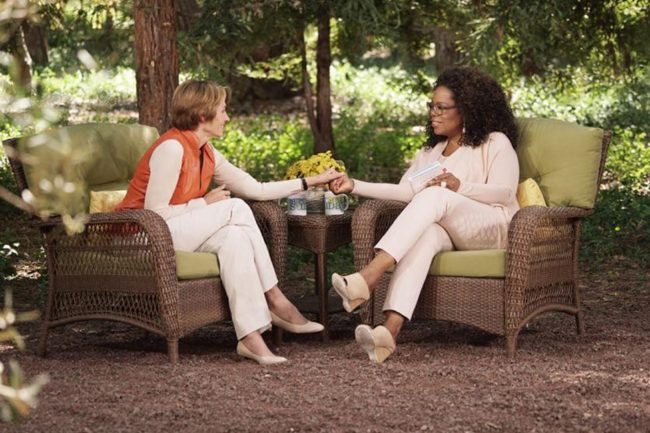The effects of widowhood on your mental, physical, and emotional health can be dramatic. You may not be sleeping well, and your routine has been thrown off – meaning you’re probably not getting the same amount of exercise or healthy meals that you’re use to.
Whether you’re recently widowed or you’re several years in, what you’ve experienced can be described as a trauma; a deeply depressing or disturbing experience. It’s no wonder that exercise, meditation, and healthy eating habits may be the farthest thing from your life right now. But they can help strengthen and bring balance back to your life and guide you through your grief.
Exercise and New Routines
Movement can help you cope with grief and find a renewed sense of inner strength. Exercise releases neurotransmitters (signals) that help your body regulate mood control, and balance your sleep cycles. Even if exercise isn’t currently a part of your life, now is as good a time as any to start incorporating movement into your routine.
Start small. Listen to your body and do what feels right for you.
Finding a class or walking group can be helpful in creating a new routine for your week. Group walks or classes can also bring about new connections or ways to re-engage with your friends and family. You can even find yoga sessions or workouts on You Tube and Amazon Prime. Give yourself the space and grace to do what’s right for you.
Meditation for Balance
Meditation has a way of changing how your brain operates. Usually, we have so much going on in our minds – from reliving past moments, to being really hard on ourselves, to thinking about what’s to come, all sprinkled in with a bit of worry and concern, and then there’s thinking about what to plan for dinner tonight.
All these thoughts are called EEG activity and during meditation, it has been shown to slow down. Psychologists praise its ability to help people find focus and calm in the midst of a chaotic time. Some people view meditation as a way of stopping your thoughts – but that’s not what it’s about. Meditation is all about concentrated mindfulness. It’s a time to exercise your mind and strengthen how you react, interact, and perceive life around you.
Meditation doesn’t need to be a lengthy practice or a complicated process. You can start with just 5 minutes a day.
By honing this awareness, you’re allowing yourself to fully connect with your inner strength while promoting wellbeing. Meditation empowers you to find inner strength to move forward with grace and ease.
Healthy Eating
When you go through a traumatic experience, it’s understandable that your eating habits might slip. You don’t have the time or the emotional energy to prepare healthy meals – and a drive through dinner is a quick fix when you’re hungry.
Food and cooking can definitely have an emotional component. And after years of cooking for two, it’s challenging to switch gears and cook for one.
Healthy eating is a major part of wellness and cooking balanced meals at home is a good first step. Cooking for one can be rough at first, but with a little time and changing up the daily routine, you can do this. If you haven’t already, check these out:
- Crock pot meals. It’s a one dish wonder, recipes can be found everywhere, and after a long day, there is nothing like a warm and delicious meal waiting for you.
- New recipes. Sometimes shaking up your traditional menu is enough to inspire a renewed love of cooking. Check out magazines Real Simple and Bon Appétit.
- Meal sharing. Round up a group of friends and have everyone cook one large meal a week. Share the leftovers with one another to erase the need for cooking 5 days a week. Plus this kind of a system can save you time on clean up.
- A nutritionist. Just as you’d go to work with a fitness coach, you can sign up to work with a nutritionist. They can help structure meal plans, build grocery shopping lists, and more. This can take the guesswork out of both shopping and cooking – making the process easier to implement.
- Inviting friends. Ask a friend if they’d like to come share a meal and a glass of wine.
Getting into a healthy-eating groove will improve your physical and mental health. As is the case with exercise habits – be open to change. Whether it’s trying a new recipe or a new way of preparing your meals, embracing a “new normal” can help you stick with a healthy eating plan.
Prioritizing Balance and Health
Finding a healthy balance in life is never easy, and trying to find a healthy balance while grieving is even more difficult. Don’t feel obligated to take everything on at once – work to incorporate healthy lifestyle changes into your life one day at a time.
Feeding and nourishing your mind, body, and soul is a way to build strength as you journey through widowhood.
Incorporating healthy habits into your life might feel intimidating, but you don’t need to do it alone. If you’re local to Glens Falls, New York, and are interested in joining a conversation circle that promotes health for widows – feel free to contact me. I’d love to help connect you with others who are going through similar challenges.







